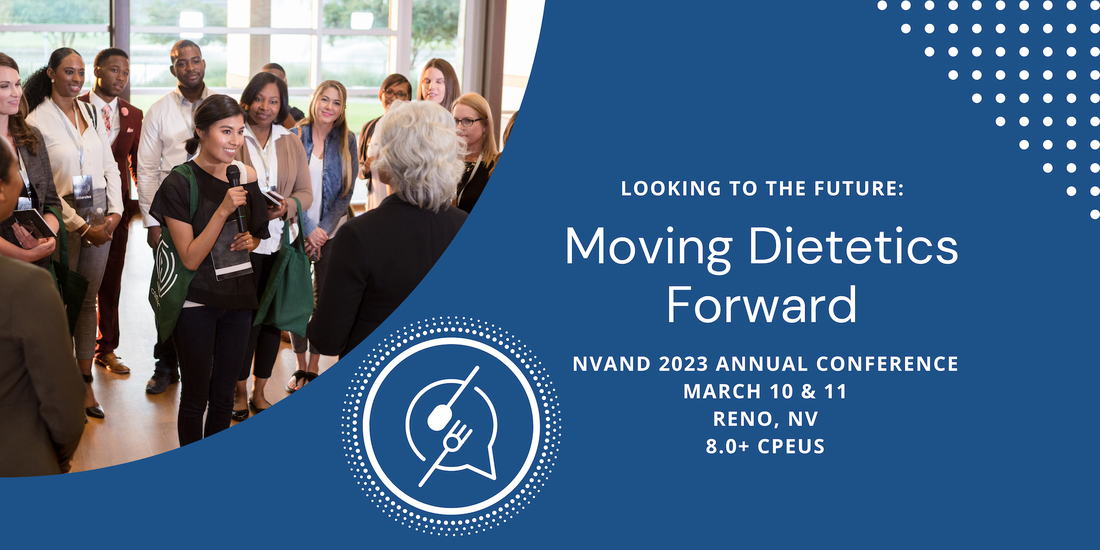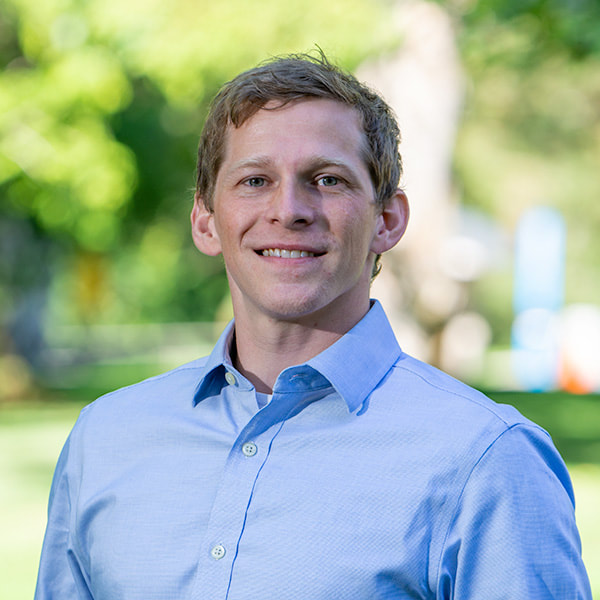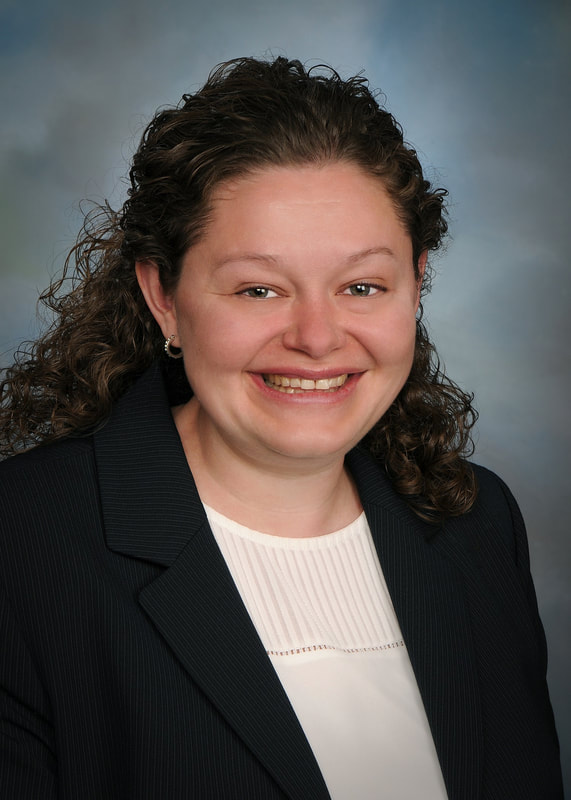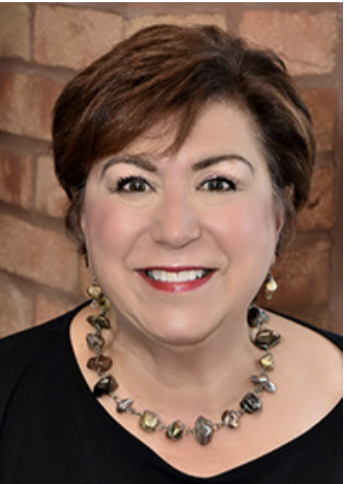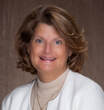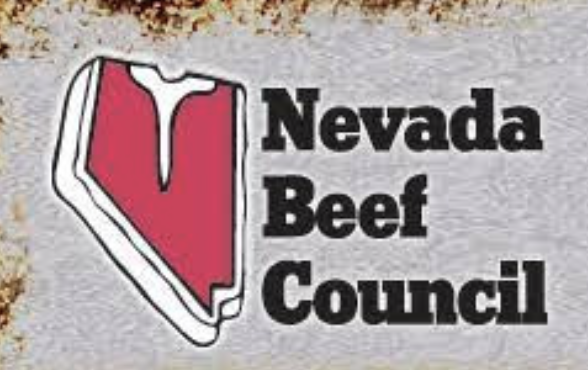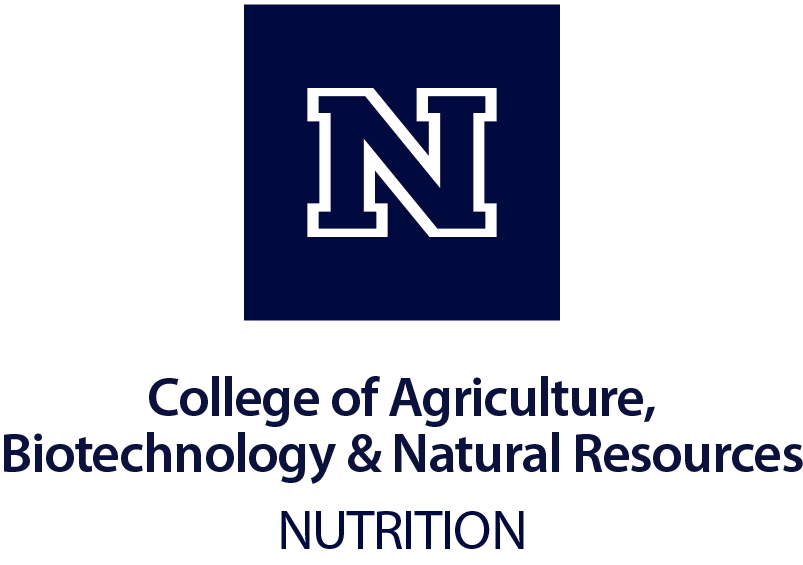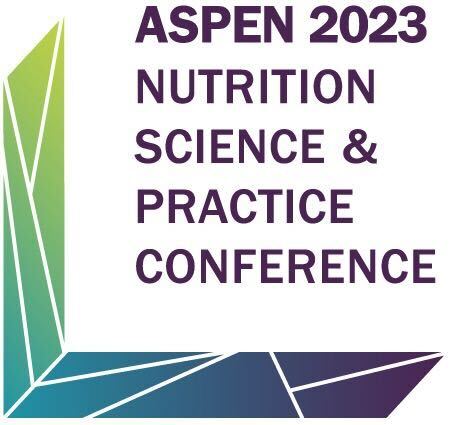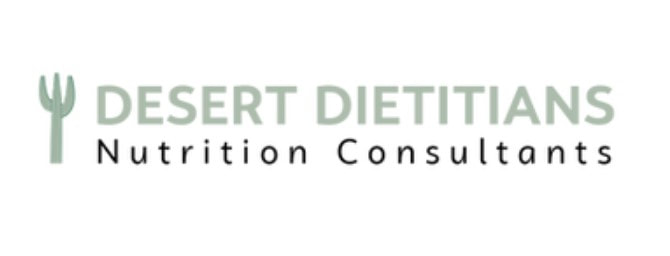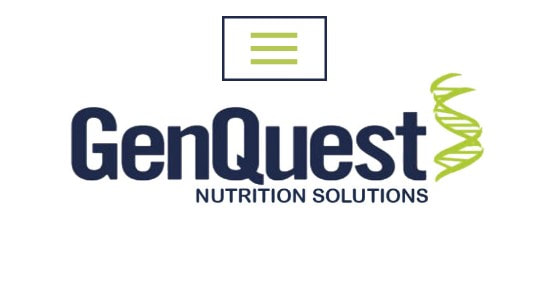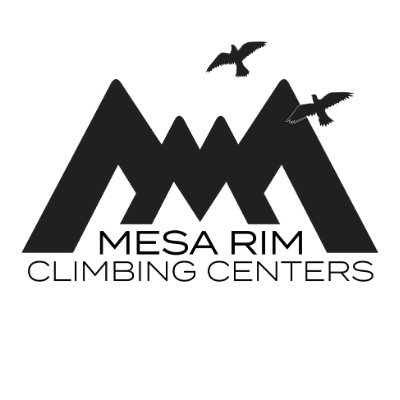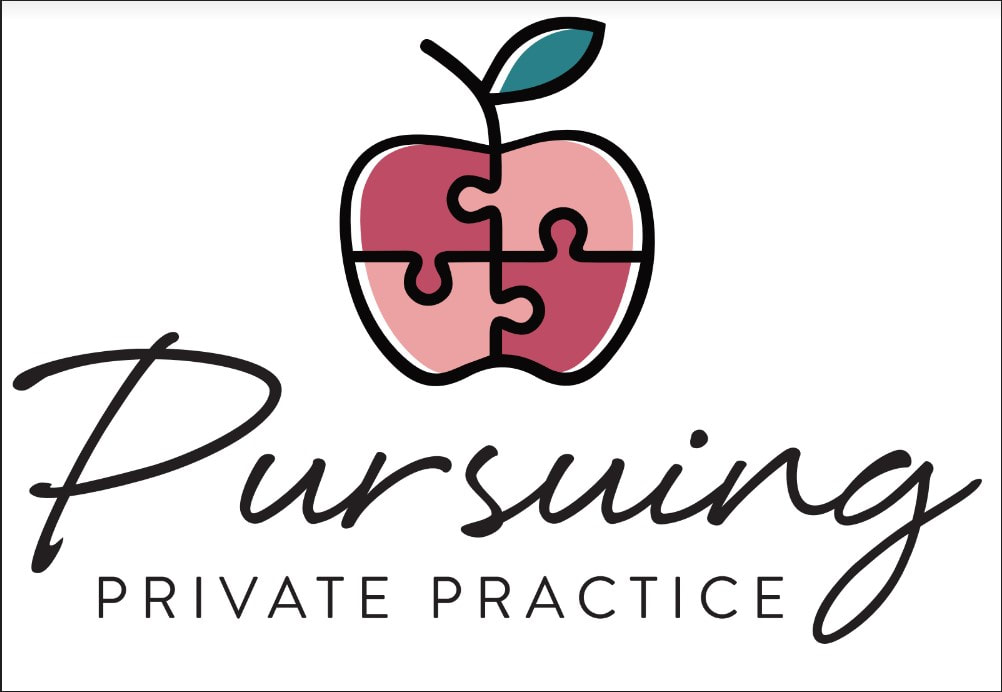~Conference Home~
2023 NvAND Annual Conference
March 2023
Sessions Agenda
(All sessions in Pacific Time)
Thursday, March 9th
Friday, March 10th
Saturday, March 11th
Thursday, March 9th
Legislative Day - March 9th
8:30am to 3:30pm
2.5 CPEUs
8:30am to 3:30pm
2.5 CPEUs
Dawn Matusz, our Public Policy Coordinator has been madly working on setting appointments for our Legislative Day in Carson City on March 9, the day before our Annual Conference in Reno. She has been informed that special recognition has been granted NvAND and we will be recognized on the Senate floor during their session. It is a wonderful and exciting opportunity to meet your legislator and to sit on the floor with them while they conduct business. To find your legislator go to Who's My Legislator / What's My District (arcgis.com). Once you are registered, we will send information on how to contact your legislator to sit with them on that day.
8:15am - Meet for transport from Hotel to Carson City
9:30 - 10:00 am Legislative Room
10am - 3pm - Meeting with Legislators
3pm - 3:30pm - Debrief
3:30 - 4:30pm - Travel back to Reno Hotel
Contact Dawn Matusz, NvAND Public Policy Coordinator, with any questions.
CPE CERTIFICATE TRAINING DAY
CPE CERTIFICATE LEGISLATIVE MEETINGS
Friday, March 10th
Conference Day 1: Friday, March 10th
3.0 CPEUs
*JCSU - Joe Crowley Student Union
3.0 CPEUs
*JCSU - Joe Crowley Student Union
Excursion: 'Pack' Provisions - UNR Food Pantry
Friday, March 10th
10am to Noon
UNR JCSU
Center of Student Engagement located on the 3rd floor
Friday, March 10th
10am to Noon
UNR JCSU
Center of Student Engagement located on the 3rd floor
Education Session Opening
Friday, March 10th
1:00pm to 1:15pm
UNR JCSU 309
Friday, March 10th
1:00pm to 1:15pm
UNR JCSU 309
|
The Gut Microbiome, Probiotics, and Prebiotics
Friday, March 10th 1:15pm to 2:15pm UNR JCSU 309 Steven Frese, PhD 1.0 CPEU CERTIFICATE |
Description:
Learning Objectives:
Performance Indicators:
Speaker Bio:
Description:
The gut microbiome plays an important role in human health and can be a major risk factor for a wide variety of diseases throughout life. Growing appreciation for the importance of ‘gut health’ throughout life has driven consumer interest in the gut microbiome, probiotics, and prebiotics, but there is often a misunderstanding of the definition of probiotics and prebiotics, as well as how (and if) we can meaningfully change this community to improve health outcomes. This presentation will outline the current understanding of the gut microbiome and its associations with health throughout life, as well as gain an understanding of the current definitions of probiotics and prebiotics. We will also examine specific cases of probiotic and prebiotic interventions that can improve health outcomes and the clinical data supporting these findings. We will also discuss how to interpret product labels and find information about probiotic and prebiotic products and assess their quality and relevance for patients.
Learning Objectives:
By the end of the presentation, attendees will be able to:
1. Describe the gut microbiome and its role in human health
2. Define probiotics and prebiotics, according to current scientific definitions.
3. Understand the differences between common probiotic organisms and prebiotic fibers and identify some evidence-based cases for their use.
1. Describe the gut microbiome and its role in human health
2. Define probiotics and prebiotics, according to current scientific definitions.
3. Understand the differences between common probiotic organisms and prebiotic fibers and identify some evidence-based cases for their use.
Performance Indicators:
8.1.1; 8.1.2; 8.2.3
Speaker Bio:
Dr. Frese is an Assistant Professor in the Department of Nutrition at the University of Nevada, Reno. He earned his PhD at the University of Nebraska, Lincoln and completed an NIH-funded postdoctoral fellowship at the University of California, Davis. After his postdoctoral fellowship, he led research and development at a UC Davis spin out company, Infinant Health. His work focuses on understanding host-microbe relationships in the human gut microbiome and how diet and dietary components affect this community and human health. His work has led to breakthrough microbiome therapies for term and preterm infants as well as infants with severe acute malnutrition, which are now commercially available and standard of care at hospitals throughout the United States. He is also named inventor on 18 patents and has 50 peer reviewed publications on the gut microbiome and probiotics.
|
Managing Malnutrition in People with Kidney Disease
Friday, March 10th 2:40pm to 3:40pm UNR JCSU 309 David St-Jules, RD, PhD 1.0 CPEU CERTIFICATE |
Description:
Learning Objectives:
Performance Indicators:
Speaker Bio:
Description:
This session will examine the pathophysiology of malnutrition in people with kidney disease, and from this, discuss etiology-based dietary strategies for managing this condition.
Learning Objectives:
1. identify diet-related factors contributing to malnutrition in people with kidney disease.
2. explain the potential flaws in the conventional approach to managing malnutrition in this population.
3. describe alternative etiology-based approaches to managing malnutrition in this population.
2. explain the potential flaws in the conventional approach to managing malnutrition in this population.
3. describe alternative etiology-based approaches to managing malnutrition in this population.
Performance Indicators:
10.2.14, 10.3.3., 10.3.4., 10.3.7
Speaker Bio:
David St-Jules, RD PhD is an Assistant Professor in the Department of Nutrition at the University of Nevada, Reno. His Translational Research Program in Kidney Nutrition explores determinants of nutrition-related problems in people with kidney failure, particularly those undergoing hemodialysis treatment, to propose and evaluate dietary strategies for managing these conditions.
|
Strategies and Tools for Managing Food Cost Inflation
Friday, March 10th 3:45pm to 4:45pm UNR JCSU 309 Kellee Hansen, MBA, RDN, LD, CD, CFM 1.0 CPEU CERTIFICATE |
Description:
Learning Objectives:
Performance Indicators:
Speaker Bio:
Description:
Health care and senior living facilities are experiencing unprecedented food cost inflation, and this is straining operating budgets and margins. Dietitians can support Food Service Directors, Dietary Managers, and Administrators to understand their current purchasing practices and applying new strategies to optimize food procurement. These strategies include improving the team's understanding of their Group Purchasing Organization (GPO) program and how to best utilize their tools and available reporting to maximize their benefits; evaluating current menus and menus items and working with distributors to choose the best products for their application; collaborating with the food and nutrition team to plan production, adhere to menus and recipes, minimize waste, and accurately count and value inventory; and advocating to administrators and leadership for appropriate food budgets. These steps will enable the team to provide the patients and residents with the best culinary and dining options available within budget.
Learning Objectives:
1) Increase your understanding of Group Purchasing Organizations (GPOs) and seek to utilize their available support and reports to maximize the value of the program for your organization.
2) Evaluate current menus and menu items and work with distributors to choose the best quality cost effective products to use in production.
3) Collaborate with the food and nutrition team to account for food expenses and inventory values in food cost per patient day (PPD) or per resident day (PRD) calculations.
2) Evaluate current menus and menu items and work with distributors to choose the best quality cost effective products to use in production.
3) Collaborate with the food and nutrition team to account for food expenses and inventory values in food cost per patient day (PPD) or per resident day (PRD) calculations.
Performance Indicators:
7.4.1, 8.5.1, 11.1.4
Speaker Bio:
Kelee Hansen is the owner of S&S Nutrition Network, which provides Registered Dietitian clinical and food services consulting to heath care, senior living, and residential living facilities and meal programs across the West and Midwest. She earned a BS in Food and Nutrition with a Dietetics emphasis and an MBA from Utah State University. She has over 20 years of experience in acute care, long term and rehabilitation care, and senior living. She helps clients build, develop, and lead food and nutrition services teams; refine menus and production systems; enhance dining service models; manage operating and capital budgets; identify and implement food cost and labor savings; improve regulatory compliance; and develop programs and systems to improve outcomes and enhance the patient, resident, and team member experience. Kelee loves to cook, garden, travel, go to concerts, swim in the ocean, and visit family in Southern UT and spend time in the mountains and on the farm.
Saturday, March 11th
Conference Day 2: Saturday, March 11th
Welcome 10:30am
3.0 CPEUs
*JCSU - Joe Crowley Student Union
Welcome 10:30am
3.0 CPEUs
*JCSU - Joe Crowley Student Union
Welcome
Saturday, March 11th
10:30am
UNR JCSU 309
Saturday, March 11th
10:30am
UNR JCSU 309
|
Your Academy in Action
Saturday, March 11th 10:45am to 11:45am UNR JCSU 309 Ellen Shanley, MBA, RDN, CDN, FAND, Academy President 1.0 CPEU CERTIFICATE |
Description:
Learning Objectives:
Performance Indicators:
Speaker Bio:
Description:
The Academy of Nutrition and Dietetics – our members, our leaders and our headquarters team – have made a strong commitment to seeking, creating and implementing policy solutions to the food and nutrition issues that affect all people, to envisioning a preferred future for our profession, and for making that future happen. This presentation will spotlight current activities and successes by the Academy and its Foundation in vital areas including public policy and advocacy, malnutrition, media outreach and scientific research. The role of such initiatives as the Leadership Institute and President’s Strategic Advisory Groups will be featured as notable examples of ways in which innovation accelerates our tactical impact in practice to improve everyone’s nutritional health.
Learning Objectives:
1. Learn about current activities and recent developments at the Academy and the
Foundation that advance members’ personal and professional development.
2. In particular, learn about innovative Academy initiatives, including the Leadership
Institute and President’s Strategic Advancement Groups, and how they increase nutrition and
dietetics practitioners’ value in any professional setting.
3. Have a good understanding of the Academy leadership’s commitment to enabling all
members to accelerate our profession’s impact in improving health – within food and nutrition
security, prevention and wellness, and health care and health systems.
Foundation that advance members’ personal and professional development.
2. In particular, learn about innovative Academy initiatives, including the Leadership
Institute and President’s Strategic Advancement Groups, and how they increase nutrition and
dietetics practitioners’ value in any professional setting.
3. Have a good understanding of the Academy leadership’s commitment to enabling all
members to accelerate our profession’s impact in improving health – within food and nutrition
security, prevention and wellness, and health care and health systems.
Performance Indicators:
1.1.5 Integrates new knowledge and skills into practice.
2.3.3 Identifies opportunities for shared benefit and vision.
3.2 Advocates for, and participates in, activities that support advancement of the profession.
12.1.1 Advocates
2.3.3 Identifies opportunities for shared benefit and vision.
3.2 Advocates for, and participates in, activities that support advancement of the profession.
12.1.1 Advocates
Speaker Bio:
Shanley is the dietetics director in the department of allied health sciences at the University of Connecticut's College of Agriculture, Health and Natural Resources. The department has both a Coordinated Program and Dietetic Internship.
Shanley received the Academy's 2012 Medallion Award for outstanding service to the organization and profession and the Academy Foundation's 2005 Award for Excellence in Dietetic Education. Her extensive involvement in the Academy includes serving as speaker of the House of Delegates; member of the Ethics Task Force Committee, National Appeals Committee, Alternative Supervised Pathways Workgroup and Futures Summit Planning Committee; and chair of the Professional Development and Education Committee, Nominating Committee, Education Committee and Member Value Committee. Shanley also served as a House of Delegates Finance Committee member and table facilitator, state delegate and chair of many committees of the Connecticut Dietetic Association and was named CDA's 2005 Outstanding Dietitian.
Shanley received the Academy's 2012 Medallion Award for outstanding service to the organization and profession and the Academy Foundation's 2005 Award for Excellence in Dietetic Education. Her extensive involvement in the Academy includes serving as speaker of the House of Delegates; member of the Ethics Task Force Committee, National Appeals Committee, Alternative Supervised Pathways Workgroup and Futures Summit Planning Committee; and chair of the Professional Development and Education Committee, Nominating Committee, Education Committee and Member Value Committee. Shanley also served as a House of Delegates Finance Committee member and table facilitator, state delegate and chair of many committees of the Connecticut Dietetic Association and was named CDA's 2005 Outstanding Dietitian.
Business and Awards
Saturday, March 11th
11:45am to 12:15pm
UNR JCSU 309
Saturday, March 11th
11:45am to 12:15pm
UNR JCSU 309
Poster Sessions and Luncheon
Saturday, March 11th
12:15pm to 1:30pm
UNR JCSU 402
Saturday, March 11th
12:15pm to 1:30pm
UNR JCSU 402
|
Rethinking Our Food Myths
Saturday, March 11th 1:30pm to 2:30pm UNR JCSU 309 Mary Kelpinski, Executive Director of Michigan Pork Council, 1.0 CPEU CERTIFICATE |
Description:
Learning Objectives:
Performance Indicators:
Speaker Bio:
Description:
Many food myths revolve around questions that we are confused about. This presentation will provide current, peer-reviewed research about pork's role in a healthy lifestyle, farm sustainability and antibiotic oversight. Topics include: Is pork good for me, Is pork good for the planet? How do I purchase quality meat for my family?
Learning Objectives:
1) Identify emerging trends in agriculture that are helping improve sustainable farming practices and how those trends have helped pig farmers reduce pork's impact on the environment in terms of land, water, and energy use.
2) Discuss the changing landscape of FDA rules affecting antibiotic use in pigs with a focus on medically important antibiotics.
3) Identify common food myths and misconceptions about the pork industry and dispel nutrition misinformation.
4) Demonstrate how today’s pork fits into a healthy lifestyle by showcasing RDN resources that can be used with patients and clients.
2) Discuss the changing landscape of FDA rules affecting antibiotic use in pigs with a focus on medically important antibiotics.
3) Identify common food myths and misconceptions about the pork industry and dispel nutrition misinformation.
4) Demonstrate how today’s pork fits into a healthy lifestyle by showcasing RDN resources that can be used with patients and clients.
Performance Indicators:
Sphere 8 Food, Nutrition, and Dietetics
8.1 Interprets and applies current food and nutrition science in nutrition and dietetics practice.
8.5 Demonstrates and applies knowledge of culinary practices, taking into consideration the needs and goals of clients/patients/population.
Sphere 12 Community, Population and Global Health
12.4 Identifies and prioritizes agricultural issues and takes action to ensure sustainable food systems, prevention, and wellness programs and initiatives.
8.1 Interprets and applies current food and nutrition science in nutrition and dietetics practice.
8.5 Demonstrates and applies knowledge of culinary practices, taking into consideration the needs and goals of clients/patients/population.
Sphere 12 Community, Population and Global Health
12.4 Identifies and prioritizes agricultural issues and takes action to ensure sustainable food systems, prevention, and wellness programs and initiatives.
Speaker Bio:
Mary Kelpinski is the Chief Executive Officer of the Michigan Pork Producers Association (MPPA) in East Lansing, Michigan. She first joined MPPA in 1989 as the Director of Communications, then worked as their Executive Director starting in the mid-1990s, and she has been in the role of CEO since 2017. As CEO, Mary is responsible for both consumer education and state public policy initiatives that impact pork producers. In 2010, Mary received MPPA’s Distinguished Service Award, and she has also served the Michigan FFA Foundation as a board member. She has worked in agriculture for more than 30 years and finds that her background gives her a helpful perspective when communicating with people outside of agriculture. Mary holds a Bachelor of Science in both Animal Science and Agriculture Communications from Michigan State University.
|
Nourishing Nevada Communities:
The Power of Dietitians in Tackling Food Security Saturday, March 11th 2:30pm to 3:30pm UNR JCSU 309 Sheena Skelton, RDN, LD and Frankie Ortiz, RD 1.0 CPEU CERTIFICATE |
Description:
Learning Objectives:
Performance Indicators:
Speaker Bio:
Description:
Dietitians are essential in the fight against food insecurity. This presentation will provide an overview of the state of hunger in Nevada and outline programs and initiatives led by dietitians from The Food Bank of Northern Nevada and Three Square Food Bank. We will also examine ways in which dietitians in any role can get involved in alleviating hunger and food insecurity.
Learning Objectives:
1. Describe the causes and effects of food insecurity in local communities
2. Identify the various programs and resources in the community that work to combat food insecurity, specifically food banks
3. List ways RDs can take action to support efforts to alleviate food insecurity in their local community
2. Identify the various programs and resources in the community that work to combat food insecurity, specifically food banks
3. List ways RDs can take action to support efforts to alleviate food insecurity in their local community
Performance Indicators:
12.1.1, 12.2.1, 12.1.3
Speaker Bio:
Sheena Skelton
As the Registered Dietitian for Three Square Food Bank, Sheena helps to ensure high quality nutrition through meal programs, nutrition education, nutrition ranking systems, nutrition policy and healthcare partnerships in the fight against hunger in Southern Nevada. Prior to joining Three Square, she received a Bachelor of Arts in Psychology from Texas State University and commissioned into the United States Air Force (USAF) through the Reserve Officers’ Training Corps. She has dedicated over 15 years of military service in both the active duty and reserves and continues to serve in the USAF Reserves. She then earned a Bachelor’s Degree in Nutrition Sciences and completed her Dietetic Internship with a focus in food banking and food insecurity at the University of Nevada – Las Vegas. Sheena has lived in various countries to include the Philippines, the United States, Panama, Turkey, and Japan, which sparked her enthusiasm for traveling. In addition to traveling, she enjoys hiking, trying new cuisine, and karaoke.
Frankie Ortiz
Frankie Ortiz is a registered dietitian who currently works at The Food Bank of Northern Nevada. She completed her internship in Seattle, WA with a focus on community nutrition, emphasizing low-income and diverse communities. After her internship, she worked for University of Washington Extension, Snap-Ed. In 2021, she graduated from California State Polytechnic University, Pomona with a bachelor's degree in science in Nutrition and Dietetics and a minor in physiology. She is dedicated to the work she does and feels passionate about having a positive impact on the communities she serves.
As the Registered Dietitian for Three Square Food Bank, Sheena helps to ensure high quality nutrition through meal programs, nutrition education, nutrition ranking systems, nutrition policy and healthcare partnerships in the fight against hunger in Southern Nevada. Prior to joining Three Square, she received a Bachelor of Arts in Psychology from Texas State University and commissioned into the United States Air Force (USAF) through the Reserve Officers’ Training Corps. She has dedicated over 15 years of military service in both the active duty and reserves and continues to serve in the USAF Reserves. She then earned a Bachelor’s Degree in Nutrition Sciences and completed her Dietetic Internship with a focus in food banking and food insecurity at the University of Nevada – Las Vegas. Sheena has lived in various countries to include the Philippines, the United States, Panama, Turkey, and Japan, which sparked her enthusiasm for traveling. In addition to traveling, she enjoys hiking, trying new cuisine, and karaoke.
Frankie Ortiz
Frankie Ortiz is a registered dietitian who currently works at The Food Bank of Northern Nevada. She completed her internship in Seattle, WA with a focus on community nutrition, emphasizing low-income and diverse communities. After her internship, she worked for University of Washington Extension, Snap-Ed. In 2021, she graduated from California State Polytechnic University, Pomona with a bachelor's degree in science in Nutrition and Dietetics and a minor in physiology. She is dedicated to the work she does and feels passionate about having a positive impact on the communities she serves.
|
A Leadership Revolution
Saturday, March 11th 3:45pm to 4:45pm UNR JCSU 309 Alexa Halling, MS, RDN 1.0 CPEU CERTIFICATE |
Description:
Learning Objectives:
Performance Indicators:
Speaker Bio:
Description:
There isn't a single aspect of daily life that the pandemic did not disrupt. And as we struggled to quickly adjust to our new normal, we were forced into new and uncomfortable situations on a regular basis. But forged in the crucible, the pandemic highlighted the inner leader in all of us. Reporting straight from the public health front line, we'll discuss the leadership stories, anecdotes, and lessons learned from the COVID-19 response to build our bench and foster the next generation of dietetic leaders.
Learning Objectives:
1. Summarize the latest research on leadership, and discuss how this has changed post-pandemic.
2. Describe stories, anecdotes, and lessons learned from the COVID-19 emergency response at the Washington State Department of Health.
3. Describe stories, anecdotes, and lessons learned from the Monkeypox emergency response at the Washington State Department of Health.
4. Explain how dietitians can utilize this research and lived experience to improve their managerial skills, empower their dietetic interns, and foster the next generation of dietetic leaders.
2. Describe stories, anecdotes, and lessons learned from the COVID-19 emergency response at the Washington State Department of Health.
3. Describe stories, anecdotes, and lessons learned from the Monkeypox emergency response at the Washington State Department of Health.
4. Explain how dietitians can utilize this research and lived experience to improve their managerial skills, empower their dietetic interns, and foster the next generation of dietetic leaders.
Performance Indicators:
3.1 Demonstrates and applies leadership skills.
3.2 Advocates for and participates in activities that support advancement of the profession.
3.2.4 Encourages others to engage in personal and professional development activities for career growth and skill enhancement.
3.2.8 Challenges, encourages and supports others to take action to advance the profession.
3.2 Advocates for and participates in activities that support advancement of the profession.
3.2.4 Encourages others to engage in personal and professional development activities for career growth and skill enhancement.
3.2.8 Challenges, encourages and supports others to take action to advance the profession.
Speaker Bio:
Alexa is a Registered Dietitian Nutritionist who has worked in eating disorder treatment, outpatient counseling, and as an inpatient dietitian at Harborview Medical Center, a level 1 trauma center. At Harborview, Alexa led a successful effort to unionize her department to join SEIU 1199NW, and then led her team in bargaining for better working conditions as her department's sole union delegate. When the pandemic hit, Alexa pivoted to public health, where she joined the Washington State Department of Health in the fight against COVID-19. There, she managed individuals as well as teams in the COVID response, and worked as a Section Manager in the COVID-19 Vaccine office where she was responsible for special projects and initiatives, including the Power of Providers Initiative. In 2020, she was named the Department of Health's Supervisor of the Year after being unanimously nominated by her team. Alexa holds a master’s degree in Nutrition from Bastyr University, and a bachelor’s degree from the University of Washington. In 2022, she established Halling Health Solutions, an anti-diet private practice and consulting firm.
Closing Remarks
Saturday, March 11th
3:45pm to 4:30pm
Saturday, March 11th
3:45pm to 4:30pm

